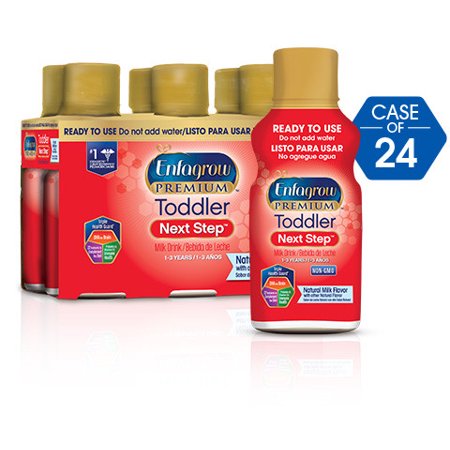Your Path to a Radiant Smile: How to Know If Dental Implants Are Right for You

A radiant smile lights up a room and boost your confidence. But what happens when that smile is missing one or more teeth? Dental implants can be the answer you’ve been searching for if you’re tired of hiding your grin due to gaps in your mouth. These durable replacements restore functionality and enhance aesthetics, giving you back the smile you deserve. However, dental implants are not for everyone. So how do you know if they’re right for you? Let’s explore some key indicators that may help guide your decision on this transformative journey toward oral health and beauty.
If you ever find yourself needing dental implants Melbourne, visit this site for state-of-the-art treatment with expert surgical care, tailored solutions, and a commitment to restoring both your smile and confidence.
You Have One or More Missing Teeth
Missing teeth can impact your daily life significantly. Those gaps can create a sense of unease, whether it’s difficulty eating, challenges in speaking, or simply feeling self-conscious about your appearance.When you have one or more missing teeth, dental implants provide a practical solution to restore both function and aesthetics. They provide stability and help maintain the structure of your jawbone. Moreover, leaving spaces unattended may lead to further dental issues. Surrounding teeth could shift into the gap, causing misalignment and potentially leading to more complications.
Your Jawbone Is Strong and Healthy
A healthy jawbone is crucial for dental implants. It acts as the foundation, supporting the implant securely within the mouth. When your jawbone is dense and robust, it can effectively integrate with an implant’s titanium post. This integration process, known as osseointegration, ensures the implant remains stable over time. If you’ve had bone loss due to missing teeth or other issues, you might need a grafting procedure first. This step helps restore volume and density before moving forward with implants. Always consult your dentist about your jaw health. They can perform imaging tests to assess its condition accurately. A strong jaw not only supports implants but enhances overall facial structure too.

You’re in Good Overall Oral and General Health
Good oral and general health is essential when considering dental implants. Healthy gums and teeth provide a solid foundation for successful implantation. Before the treatment, your doctor will assess the overall dental condition. This includes checking for any gum disease or decay signs, which could complicate the process. A clean bill of health means fewer complications during healing. Additionally, maintaining good overall wellness plays a crucial role in recovery. Conditions like diabetes or heart issues may affect the healing times and success rates of implants. It’s important to manage these proactively.
You Want a Long-Term, Low-Maintenance Solution
Dental implants might be the answer if you’re tired of frequent dental visits and temporary fixes. Unlike bridges or dentures often requiring adjustments or replacements, implants offer a stable and lasting solution. Once placed, they fuse with your jawbone in a process called osseointegration. This creates a strong foundation that mimics the function of natural teeth. …


 Many people turn to chiropractic adjustments primarily for pain relief. Whether it’s chronic back pain, headaches, or joint discomfort, these skilled practitioners can work wonders. Through precise spinal manipulation, chiropractors realign the spine and relieve pressure on nerves. This process often results in immediate alleviation of discomfort. Patients frequently report a significant decrease in their pain levels after just a few sessions. Moreover, chiropractic care doesn’t only address symptoms; it targets the root cause of pain.
Many people turn to chiropractic adjustments primarily for pain relief. Whether it’s chronic back pain, headaches, or joint discomfort, these skilled practitioners can work wonders. Through precise spinal manipulation, chiropractors realign the spine and relieve pressure on nerves. This process often results in immediate alleviation of discomfort. Patients frequently report a significant decrease in their pain levels after just a few sessions. Moreover, chiropractic care doesn’t only address symptoms; it targets the root cause of pain.
 Chiropractic adjustments do more than just align the spine. They can significantly reduce stress levels, which is crucial in our fast-paced lives. When the body is out of alignment, it often reacts with tension. This tension can lead to headaches and muscle pain, making daily tasks feel overwhelming. Regular chiropractic care helps release this built-up tension. Moreover, spinal adjustments stimulate the nervous system. As nerve function improves, so does your overall sense of well-being.
Chiropractic adjustments do more than just align the spine. They can significantly reduce stress levels, which is crucial in our fast-paced lives. When the body is out of alignment, it often reacts with tension. This tension can lead to headaches and muscle pain, making daily tasks feel overwhelming. Regular chiropractic care helps release this built-up tension. Moreover, spinal adjustments stimulate the nervous system. As nerve function improves, so does your overall sense of well-being.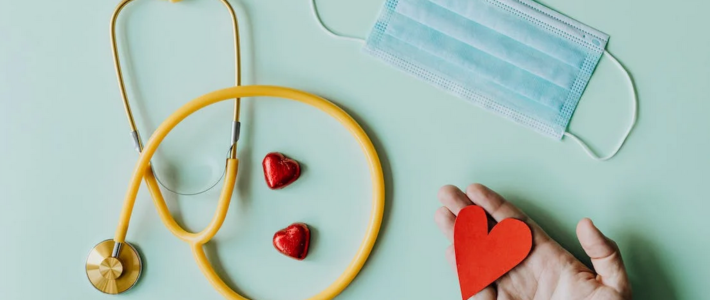




 Dehydration easily leads to headaches, and staying well-hydrated is essential for preventing and reducing headache frequency. Make a habit of drinking adequate water throughout the day, especially during hot temperatures or physical activity. Avoid excessive caffeinated or alcoholic beverages, as they can contribute to dehydration.
Dehydration easily leads to headaches, and staying well-hydrated is essential for preventing and reducing headache frequency. Make a habit of drinking adequate water throughout the day, especially during hot temperatures or physical activity. Avoid excessive caffeinated or alcoholic beverages, as they can contribute to dehydration.


 THC gummies are known to help reduce inflammation in the
THC gummies are known to help reduce inflammation in the  THC gummies are also known to help treat anxiety. This is because THC can help to reduce anxiety levels. In fact, a recent study showed that THC gummies were just as effective as CBD in reducing anxiety. However, it is important to note that THC can also cause anxiety in some people. Many people are experiencing anxiety for the first time due to the current pandemic.
THC gummies are also known to help treat anxiety. This is because THC can help to reduce anxiety levels. In fact, a recent study showed that THC gummies were just as effective as CBD in reducing anxiety. However, it is important to note that THC can also cause anxiety in some people. Many people are experiencing anxiety for the first time due to the current pandemic.
 Since many people in San Francisco have hired the services of chiropractors before, it is a good idea to ask them for recommendations. Find out who they think can provide the best services and if any chiropractors stand out in their minds as being better than others.
Since many people in San Francisco have hired the services of chiropractors before, it is a good idea to ask them for recommendations. Find out who they think can provide the best services and if any chiropractors stand out in their minds as being better than others. While your insurance may not cover all of your chiropractic visits, it can help get a discount for initial appointments. It’s worth checking into whether or not this will save money on your care before undergoing treatment with a chiropractor.
While your insurance may not cover all of your chiropractic visits, it can help get a discount for initial appointments. It’s worth checking into whether or not this will save money on your care before undergoing treatment with a chiropractor.
 When searching for the best doctor to take you through the surgery, consider finding someone comfortable with to handle you. Remember, the doctor will deal with your appearance, and you want someone to correct your nose. Consider finding someone readily available to answer questions regarding your operation. Check if the surgeon has the right equipment to carry out surgeries with the latest technology for the best results. Consider checking if the surgeon uses the appropriate computer imaging software to give you an idea of what to expect from a post rhinoplasty.
When searching for the best doctor to take you through the surgery, consider finding someone comfortable with to handle you. Remember, the doctor will deal with your appearance, and you want someone to correct your nose. Consider finding someone readily available to answer questions regarding your operation. Check if the surgeon has the right equipment to carry out surgeries with the latest technology for the best results. Consider checking if the surgeon uses the appropriate computer imaging software to give you an idea of what to expect from a post rhinoplasty.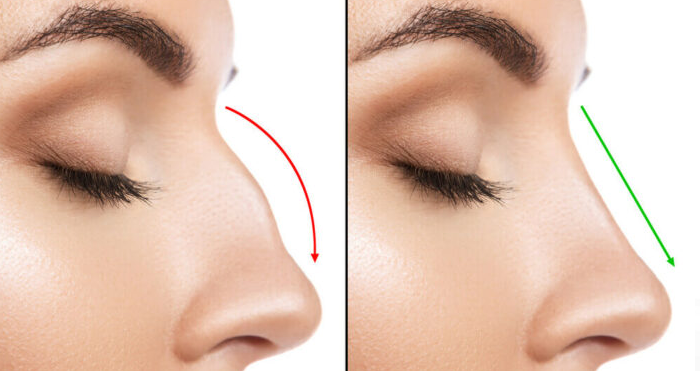 When making the right choice of the best rhinoplasty surgeon, consider checking the actual evidence of corrective rhinoplasty procedures that indicate how your surgery will look. It is essential to check for pre and post photos and even watch some videos when carrying out the surgery. Consider asking the surgeon relevant questions about the surgery to familiarize yourself with what to expect and know if there are any side effects.
When making the right choice of the best rhinoplasty surgeon, consider checking the actual evidence of corrective rhinoplasty procedures that indicate how your surgery will look. It is essential to check for pre and post photos and even watch some videos when carrying out the surgery. Consider asking the surgeon relevant questions about the surgery to familiarize yourself with what to expect and know if there are any side effects.
 The first step in this process is asking around for referrals from the people you trust. In this case, your friends and family members are among the first people you need to ask whether they know reliable LASIK surgeons or not.
The first step in this process is asking around for referrals from the people you trust. In this case, your friends and family members are among the first people you need to ask whether they know reliable LASIK surgeons or not. When choosing a professional laser eye surgeon, you need to conduct a background check of the best eye surgeon who can deliver the expected services. In this case, you need to consider choosing trained and skilled surgeons. That is why you need to research the overall reputation of your preferred eye specialist and ensure they have the right skills and knowledge required in this field.
When choosing a professional laser eye surgeon, you need to conduct a background check of the best eye surgeon who can deliver the expected services. In this case, you need to consider choosing trained and skilled surgeons. That is why you need to research the overall reputation of your preferred eye specialist and ensure they have the right skills and knowledge required in this field.
 Despite these good results, their effects may seem relative. So, if you want to strengthen their action, you will need to supplement them with good practices, such as:
Despite these good results, their effects may seem relative. So, if you want to strengthen their action, you will need to supplement them with good practices, such as: Remember that before tapping into your fat stores, your body first uses carbohydrates. In case of excess, you will not risk losing weight. So, if you are used to consuming 200-300g of starchy foods during your meal, reduce it to 120-150, depending on your needs. With the
Remember that before tapping into your fat stores, your body first uses carbohydrates. In case of excess, you will not risk losing weight. So, if you are used to consuming 200-300g of starchy foods during your meal, reduce it to 120-150, depending on your needs. With the  Would you like to lose weight while staying healthy? If yes, try to cook your own meal. In this way, you would avoid consuming processed or refined dishes, often loaded with fats and sugars. However, to eat fewer calories, don’t hesitate to:
Would you like to lose weight while staying healthy? If yes, try to cook your own meal. In this way, you would avoid consuming processed or refined dishes, often loaded with fats and sugars. However, to eat fewer calories, don’t hesitate to:
 When you start the busy pilates session, then you will have close contact with your pilates instructor. The instructor will mentor you on the best way to move and offer tips on growing, so it is essential to look for someone with whom you can relate well. The lucky part is when you get an instructor who will have a long-lasting relationship and a trustworthy bond. Your learning style must be suitable for your teaching style. Ensuring that the pilates studio is convenient and easily accessible from your workplace and if your pilates sessions will fit in your schedule.
When you start the busy pilates session, then you will have close contact with your pilates instructor. The instructor will mentor you on the best way to move and offer tips on growing, so it is essential to look for someone with whom you can relate well. The lucky part is when you get an instructor who will have a long-lasting relationship and a trustworthy bond. Your learning style must be suitable for your teaching style. Ensuring that the pilates studio is convenient and easily accessible from your workplace and if your pilates sessions will fit in your schedule. Most pilates instructors teach different classes. The classes have various certifications, and a good example is a mat class certification. It is the most accessible certification and needs less training than reformer certification. If you choose mat pilates, you might not note the difference, but if you graduate to reformer work and prefer sticking to the same instructor, it is essential to know what your favorite pilates coach can teach.
Most pilates instructors teach different classes. The classes have various certifications, and a good example is a mat class certification. It is the most accessible certification and needs less training than reformer certification. If you choose mat pilates, you might not note the difference, but if you graduate to reformer work and prefer sticking to the same instructor, it is essential to know what your favorite pilates coach can teach.
 You should be ready to get outside your comfort zone when exercising. Many people are afraid to lift more weights and adding more intensity to their workouts as they undermine their capabilities.
You should be ready to get outside your comfort zone when exercising. Many people are afraid to lift more weights and adding more intensity to their workouts as they undermine their capabilities.

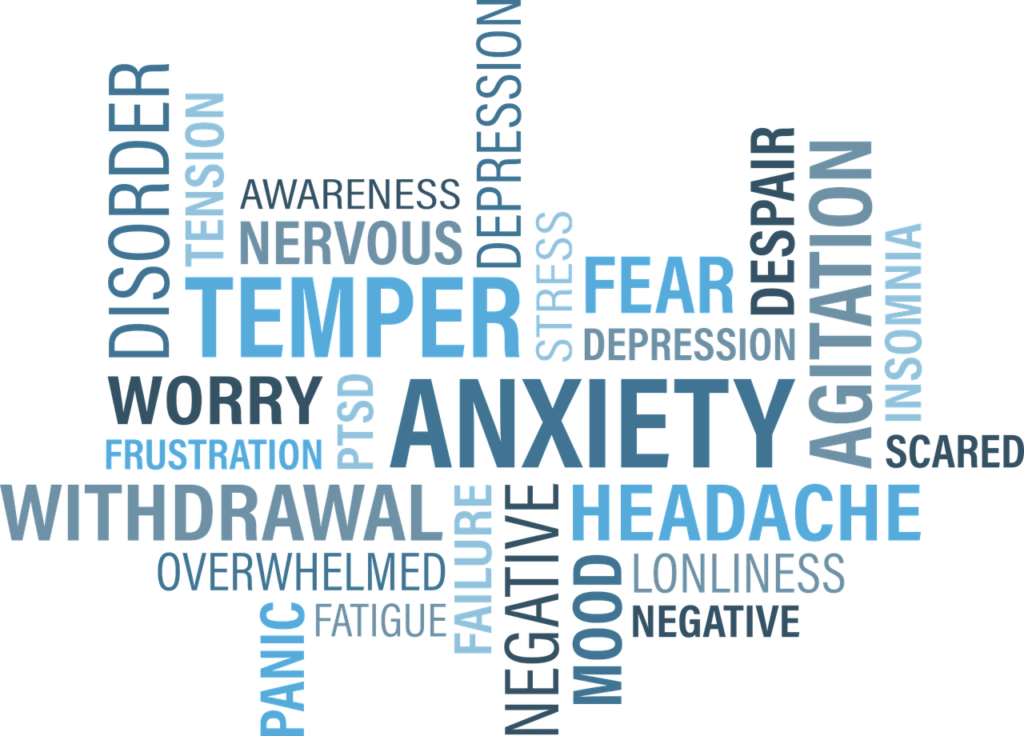

 You can use suppositories containing reduced glutathione and organic coffee vital for the removal of toxins from the body. There are natural cleansing agents you can also use to get rid of toxic substances from your body. Natural cleansing agents are ideal because they do not subject you to different kinds of side effects. Apart from using cleansing products, you should observe several practices or habits to keep your body in good shape.
You can use suppositories containing reduced glutathione and organic coffee vital for the removal of toxins from the body. There are natural cleansing agents you can also use to get rid of toxic substances from your body. Natural cleansing agents are ideal because they do not subject you to different kinds of side effects. Apart from using cleansing products, you should observe several practices or habits to keep your body in good shape. Fruits
Fruits They are other types of foods you can include in your detoxification program. Nuts and seeds are rich in fiber, which is vital for excretion and elimination. Including them in your meals will help you get rid of certain toxins through excretion. Examples of nuts to consume include walnuts, sunflower seeds, almonds, and sunflower seeds.
They are other types of foods you can include in your detoxification program. Nuts and seeds are rich in fiber, which is vital for excretion and elimination. Including them in your meals will help you get rid of certain toxins through excretion. Examples of nuts to consume include walnuts, sunflower seeds, almonds, and sunflower seeds.
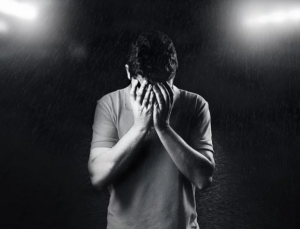 Although bulking up seems to burden your body, your mind is your central control of everything. If you want to gain muscles because you have some emotional reasons, you must get ready when the side effects of SARMs kick in. For example, one story of a user on Reddit said that a 12-week cycle on him resulted in severe testosterone breakdown. His psychological state changed, his health got affected, and if he were not strong enough to pass that stage, he would have fallen to depression and physical deterioration.
Although bulking up seems to burden your body, your mind is your central control of everything. If you want to gain muscles because you have some emotional reasons, you must get ready when the side effects of SARMs kick in. For example, one story of a user on Reddit said that a 12-week cycle on him resulted in severe testosterone breakdown. His psychological state changed, his health got affected, and if he were not strong enough to pass that stage, he would have fallen to depression and physical deterioration. 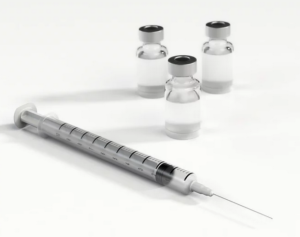 You can minimize the harmful side effects SARMs only with microdosing. Even though the drugs can help you with muscle gain and bone tissue growth, you should never think that the more you take, the better. The tolls will be on your internal organs.
You can minimize the harmful side effects SARMs only with microdosing. Even though the drugs can help you with muscle gain and bone tissue growth, you should never think that the more you take, the better. The tolls will be on your internal organs. 
 Avoid the Kratom Taste
Avoid the Kratom Taste Preparing kratom tea takes time, and often life gets in the way. You may be having a busy morning or day. Whatever the reason is, sometimes, you need to save on time and streamline your day’s routine. Kratom capsules allow you to take your daily kratom without interrupting your day or placing more demand on an already busy schedule.…
Preparing kratom tea takes time, and often life gets in the way. You may be having a busy morning or day. Whatever the reason is, sometimes, you need to save on time and streamline your day’s routine. Kratom capsules allow you to take your daily kratom without interrupting your day or placing more demand on an already busy schedule.…
 Although a Brazilian butt lift appears to be a straight forward procedure, it should only be done by an experienced and qualified surgeon at a reputable clinic. Ensure you review the surgeon’s qualifications, general experience, and training before scheduling a consultation. Moreover, you should not hesitate to ask relevant questions.
Although a Brazilian butt lift appears to be a straight forward procedure, it should only be done by an experienced and qualified surgeon at a reputable clinic. Ensure you review the surgeon’s qualifications, general experience, and training before scheduling a consultation. Moreover, you should not hesitate to ask relevant questions. You should note that the Brazilian butt lift is not only meant for addressing people who want more volume. Rather, this procedure can be done to smooth out and reshape buttocks. As a patient, you will decide whether both shape and volume should be addressed.
You should note that the Brazilian butt lift is not only meant for addressing people who want more volume. Rather, this procedure can be done to smooth out and reshape buttocks. As a patient, you will decide whether both shape and volume should be addressed.
 In an uphill track, the force you transfer from your legs to your feet won’t be delivered efficiently if your shoes lose the traction. Regular sports shoes are wearable for a while, but after some time, the outsole’s soft consistency will make it wear out fast, especially if you wear running shoes or gym shoes.
In an uphill track, the force you transfer from your legs to your feet won’t be delivered efficiently if your shoes lose the traction. Regular sports shoes are wearable for a while, but after some time, the outsole’s soft consistency will make it wear out fast, especially if you wear running shoes or gym shoes. Comfortability in wearing the shoes affects not only your performance but your chances of injuries. The less comfortable the shoes are, the more likely you are to get injuries.
Comfortability in wearing the shoes affects not only your performance but your chances of injuries. The less comfortable the shoes are, the more likely you are to get injuries.
 A website of a clinic must be professionally designed and time-efficient to navigate. For example, patients need to know how you separate one patient bed from another, whether they have enough space or not. The photos you include on your official page must contain such information.
A website of a clinic must be professionally designed and time-efficient to navigate. For example, patients need to know how you separate one patient bed from another, whether they have enough space or not. The photos you include on your official page must contain such information. This strategy is pretty risky to employ, but if you are successful in it, you can expect your clinic to be overwhelmed by the number of patients visiting you. First, create a digital persona for your clinic. Prioritize content that can help you to describe the facilities there. In this case, Instagram will be the perfect platform.
This strategy is pretty risky to employ, but if you are successful in it, you can expect your clinic to be overwhelmed by the number of patients visiting you. First, create a digital persona for your clinic. Prioritize content that can help you to describe the facilities there. In this case, Instagram will be the perfect platform.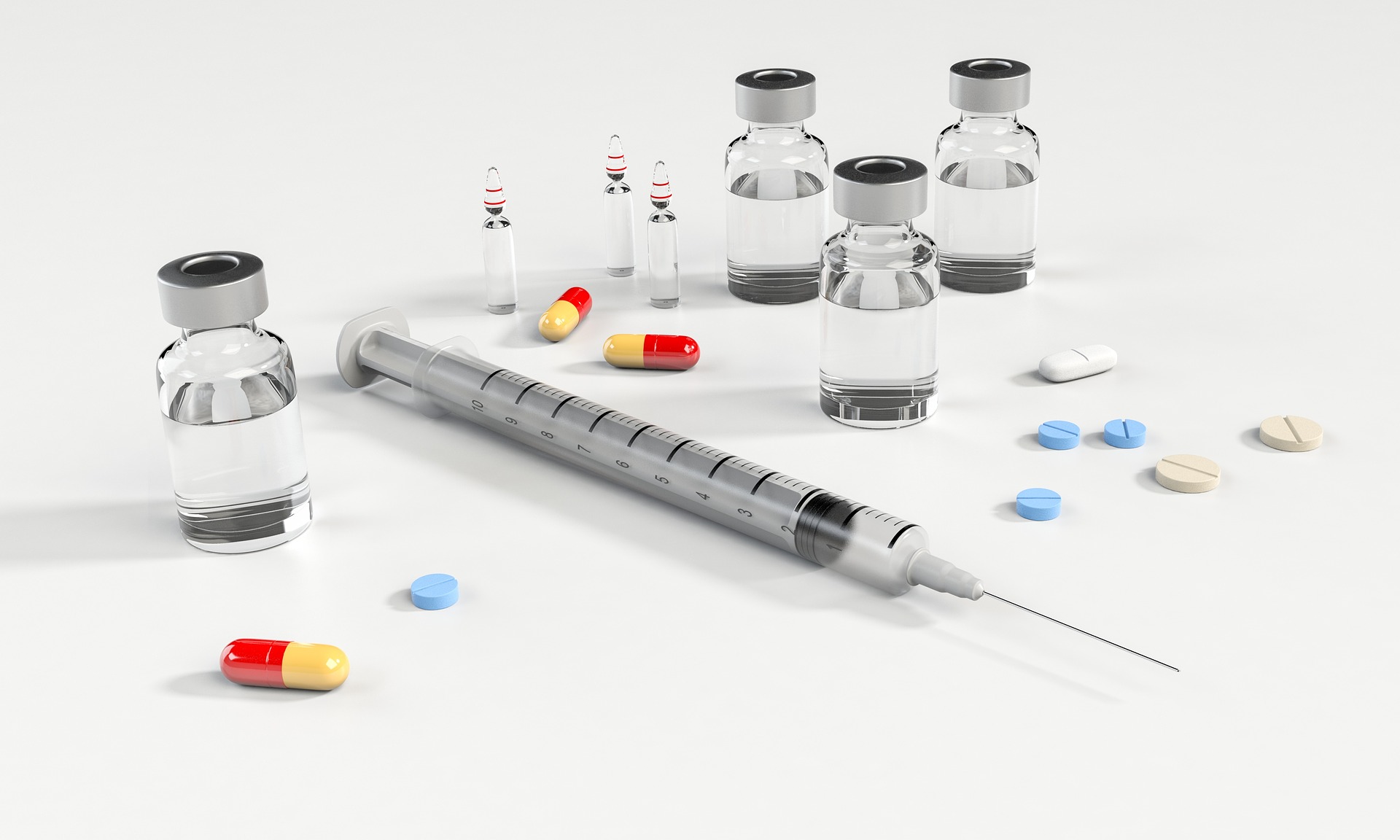
 Health Benefits – SARMs are known to be powerful agents of muscle mass growth, which in turn results in more muscle strength and prevention of injuries such as fractures, sprains, and strains. They can also aid in faster recovery through their ability to repair tissues. Some selective androgen receptor modulators are developed for specific medical conditions. In the case of LGD-4033, they are potential treatment options for osteoporosis and muscle wasting.
Health Benefits – SARMs are known to be powerful agents of muscle mass growth, which in turn results in more muscle strength and prevention of injuries such as fractures, sprains, and strains. They can also aid in faster recovery through their ability to repair tissues. Some selective androgen receptor modulators are developed for specific medical conditions. In the case of LGD-4033, they are potential treatment options for osteoporosis and muscle wasting. WADA and FDA Pronouncement – The World Anti-Doping Agency or WADA strictly prohibits SARMs in sports. The Food and Drugs Administration has also not approved of SARMs as fit for human consumption.
WADA and FDA Pronouncement – The World Anti-Doping Agency or WADA strictly prohibits SARMs in sports. The Food and Drugs Administration has also not approved of SARMs as fit for human consumption.

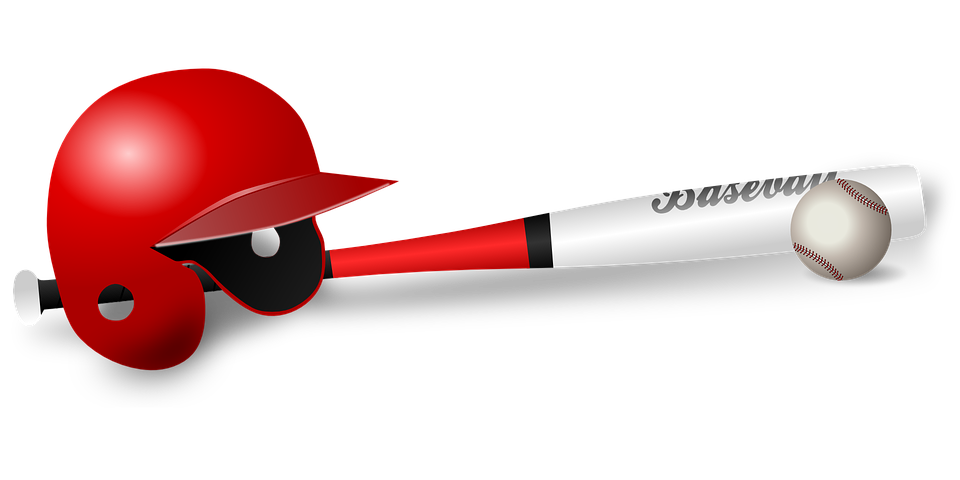


 There is a wide range of detox drinks in today’s market. Most of these drinks work on the principle of dilution. The best detox drinks for weed contain creatine and vitamin B which masks the dilution. Detox drinks are more about convenience as much as they help when ingesting the right amounts of creatine and …
There is a wide range of detox drinks in today’s market. Most of these drinks work on the principle of dilution. The best detox drinks for weed contain creatine and vitamin B which masks the dilution. Detox drinks are more about convenience as much as they help when ingesting the right amounts of creatine and …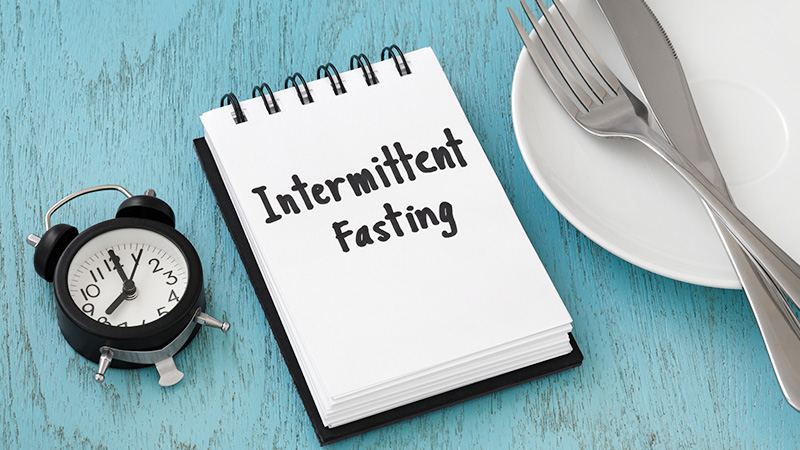

 After fasting, you have to go through a feasting period. During the feasting period, you have to eat healthy and nutritious foods that will satiate your body.
After fasting, you have to go through a feasting period. During the feasting period, you have to eat healthy and nutritious foods that will satiate your body.

